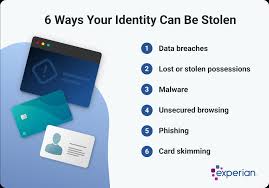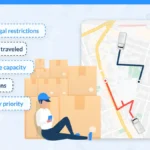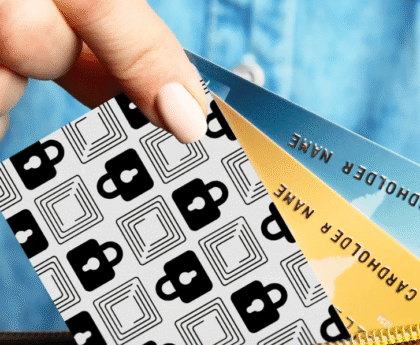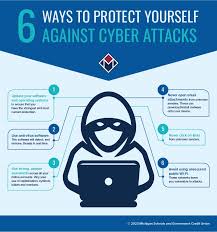Identity theft online is becoming increasingly common. But what does it really mean when your identity is stolen online, and how should you respond?
What Is Identity Theft Online?

When someone impersonates another person on the internet, it is called identity theft online. The motives can vary widely, from committing financial fraud to carrying out serious offenses such as online grooming or harassment. Regardless of the reason, impersonating someone else always involves malicious intent.
According to the Internet User Security Office (OSI) of INTECO, under Spain’s Ministry of Industry, Energy, and Tourism, anyone can become a victim—famous or not. The rise of cases among ordinary citizens shows that identity theft online is not limited to celebrities or public figures.
How to Act If Your Identity Is Stolen Online
If you discover your identity has been stolen online, the steps you take depend on how your personal information is being misused.
1. Fake Profiles Without Personal Data
If a fake social media profile is created but does not use your personal information, it is not considered a crime. The main action is to:
- Notify the social network and request the deletion of the fake profile.
2. Fake Profiles Using Your Personal Information
If the cybercriminal uses your personal data, such as your photos or videos, this can be considered a violation of your right to your own image (Article 18 of the Spanish Constitution). Additionally, under Article 401 of the Penal Code, this constitutes identity theft, punishable by up to three years in prison.
3. Impersonation via Accounts or Emails
If someone uses your email or social media accounts by stealing passwords or hacking your devices, this is considered both identity theft and impersonation, which is a criminal offense that can be reported to authorities.
Reporting Identity Theft Online
If your identity is stolen online, reporting it quickly is crucial. OSI provides guidance on how to report such crimes through:
- National Police (Policía Nacional)
- Civil Guard (Guardia Civil)
Both institutions have specialized cybercrime units that handle identity theft and online impersonation cases. Citizen cooperation is essential for keeping the internet safe and reliable.
Key Takeaways
- Identity theft online can happen to anyone, not just public figures.
- Fake profiles without personal data are generally not criminal, but those using your personal information are.
- Use the proper channels (police or civil guard) to report identity theft.
- Stay vigilant and educate yourself about online security to prevent future incidents.
Protecting your digital identity is more important than ever. Understanding what to do when your identity is stolen online ensures that you can act fast, minimize damage, and help law enforcement stop





